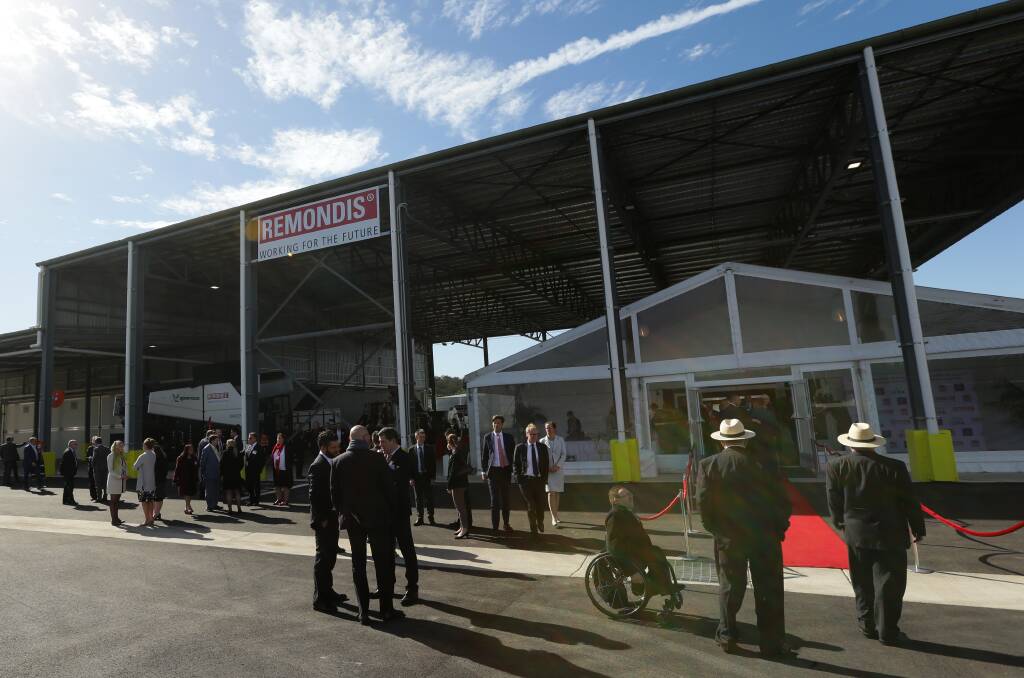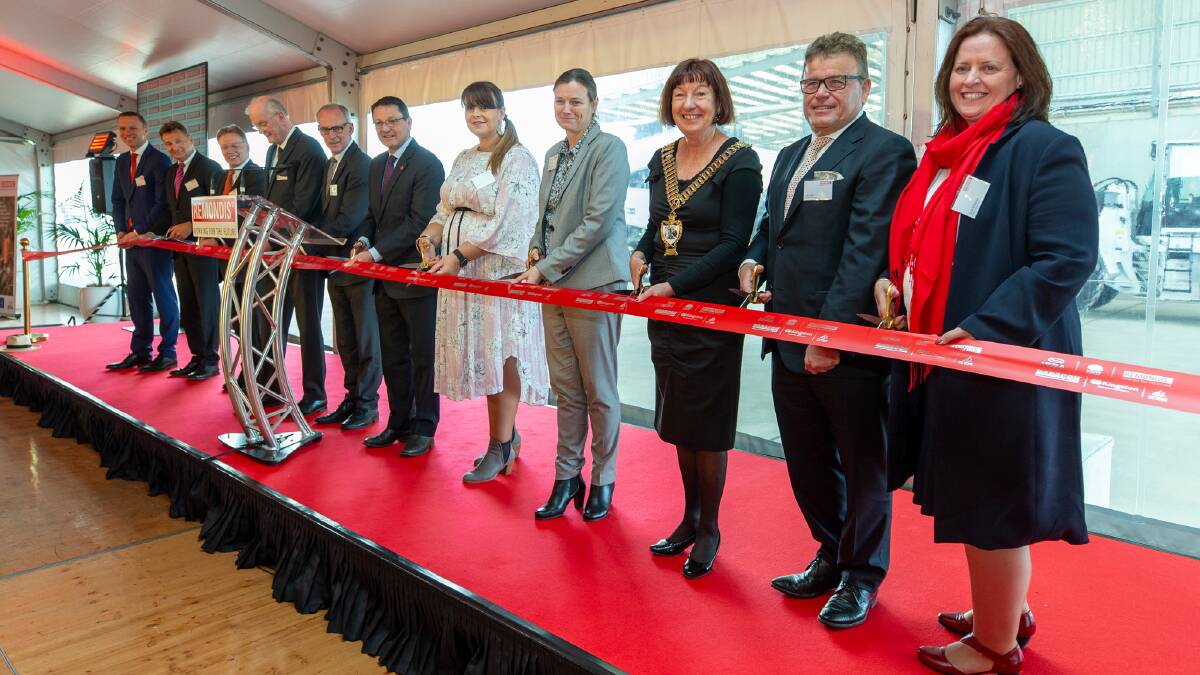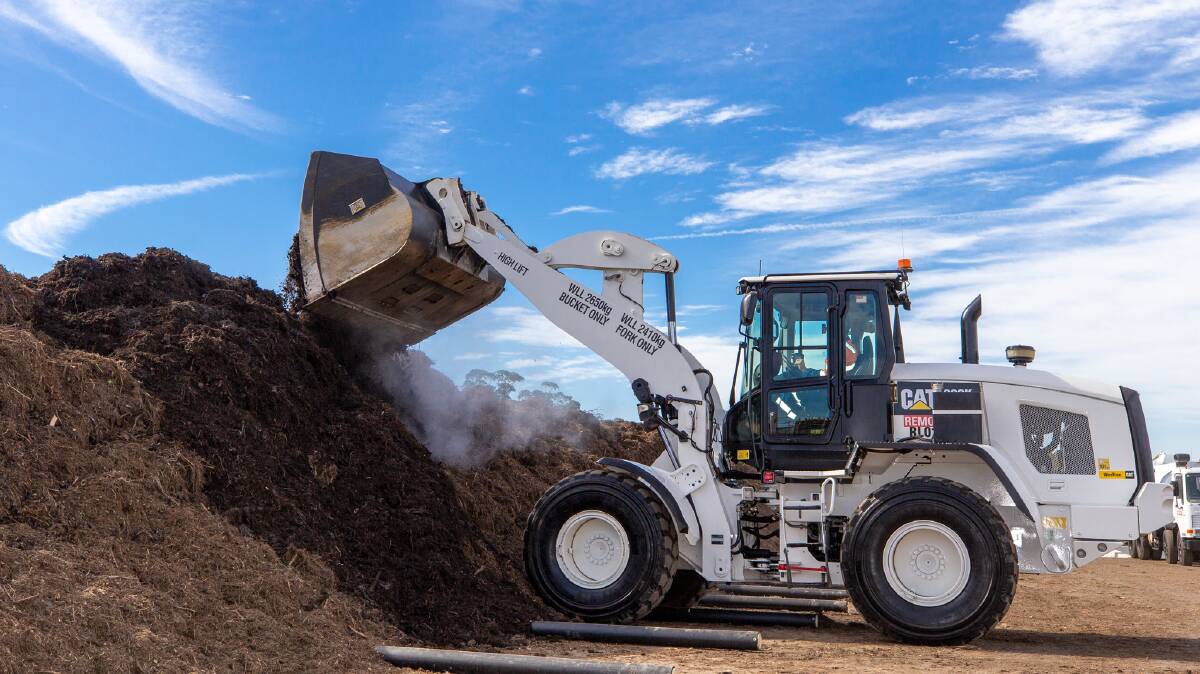
REMONDIS Australia and Lake Macquarie City Council have taken a significant step in the war against waste with the opening of a state-of-the-art organics processing facility at the Awaba Waste Management Facility.
Subscribe now for unlimited access.
$0/
(min cost $0)
or signup to continue reading
The multi-million dollar facility is the centrepiece of the council’s new three-bin waste management system, which will reduce the amount of waste going into landfill by as much as one third.
Food and green waste will be recycled at the new facility and transformed into high-quality compost products for reuse on parks, grounds and sporting fields.
The REMONDIS Group, which operates the Lake Macquarie Organics Resource Recovery Facility, is a family-run company with 34,000 employees spanning 800 business locations and four continents.
REMONDIS chief executive, Luke Agati, said the company was proud to be investing in Lake Macquarie and the Australian resource recovery sector.

“REMONDIS has been composting garden waste at Awaba for Lake Macquarie City Council since 2013, and this new facility will enable us to also convert food waste into a valuable resource,” Mr Agati said.
“The facility will convert up to 44,000 tonnes per year of organic waste into compost and soil amendment products.
The high-tech facility boasts several Australian firsts including a fully automated tunnel composting system to pasteurise food waste in two weeks and an automatic, cashless weighbridge system that will give users access to the facility with the swipe of a card.
Lake Macquarie mayor Kay Fraser said the resource recovery facility would see the city take a leading role in recycling and waste management.
“This is a significant step in our waste strategy and in our efforts to encourage people to think and act more responsibly about household waste disposal,” Cr Fraser said.
“By making it easy for residents to dispose of organic waste appropriately, we will encourage them to recycle and close the food consumption loop.

The initiative will divert significant amounts of organic material from landfill, extending the life of the Awaba Waste Management Facility and saving an estimated $4 million over 10 years.
“The new waste service will keep this food waste out of our landfill and turn it into reusable compost for use on parks, home gardens, agriculture and sporting grounds,” Cr Fraser said.
The project was supported by a grant of $2 million for this project and Council’s associated engagement campaign from the Environmental Trust as part of the NSW EPA’s Waste Less, Recycle More initiative.


